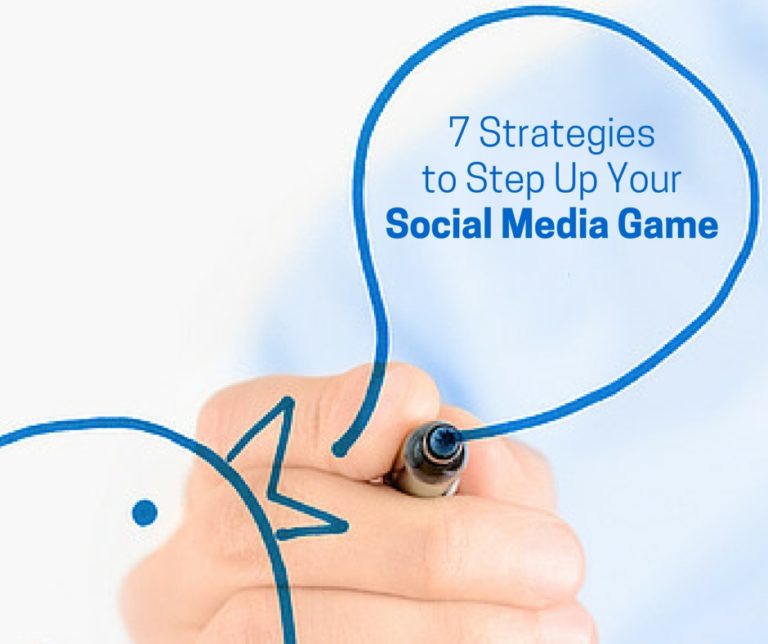If you’ve ever been to a music festival, you know it’s a sight to behold. Events like Woodstock, Coachella, and Burning Man draw massive crowds every year.
The best music festivals are about more than just the music. Sure, incredible entertainment helps, but these events are also about amazing, unforgettable experiences. Hosting a music festival can draw attention to a cause, boost the local economy, or bring people together to enjoy a shared interest.
Have you been thinking about organizing a music festival but aren’t sure where to start? Let’s take a closer look.
How to Plan a Successful Music Festival
Knowing how to plan a concert or other musical event is essential to your event’s success. Here are ten music festival tips you’ll need to know to get the ball rolling.
1. Create Strong, Clear Festival Goals
Start with the question, “Why am I organizing this festival?” The best music events have a purpose or mission. Do you want to highlight a particular type of music? For example, MAGFest (Music And Gaming Festival) is a 4-day event dedicated to video game music as well as gaming and the gaming community.
Maybe you have another goal in mind. Perhaps you want to bring attention to up-and-coming independent artists in the music industry or even raise money for a cause. Having a purpose can help your music festival stand out.
Besides your event’s purpose, consider what you want to achieve. Popular objectives include spreading brand awareness and increasing ticket sales or event attendance. Avoid being vague, and set SMART (specific, measurable, attainable, relevant, timely) goals. Then determine the key performance indicators that will help you measure your success.
2. Set a Realistic Budget for Your Music Event
Budgeting may be one of the least exciting aspects of music festival planning, but it is one of the most critical. You need to consider how much your event will cost to ensure its success.
Here are a few budget considerations to keep in mind:
- Musicians
- Lighting and audio equipment
- Festival venue
- Marketing
- Food vendors
- Event staff and security
- Sanitary facilities
- Event safety
- Permits
Contact different suppliers to obtain quotes. Provide as much detail as possible and give each supplier the same information. That will ensure greater estimate accuracy and make it easier to compare your options. Quotes will also help you secure the best deals.
Pro tip: Even with a solid budget, issues can arise. To avoid getting in a financial bind, include a contingency line. Depending on the size and complexity of your music festival, consider giving yourself 15% to 20% of your total budget.
3. Secure Your Performers and Event Vendors
What artists and entertainment vendors do you want to feature? These are the people who will help sell tickets and shape attendees’ experiences.
Performers and event vendors should align with the type of festival you’re organizing and appeal to your target audience. Much like sponsorships, a big-name artist won’t mean much if they don’t interest your intended audience. Once you have your list of potential artists and vendors, start reaching out to see who might be interested, if they’re available, and what their rates are.
4. Choose a Perfect Venue Location and Book It
The music festival venue selection is a vital decision. It’s more than just the address where you’ll hold the event; it sets the tone and plays a significant role in the overall experience. For instance, outdoor musical festivals often have a more relaxed, chill vibe. They can also typically accommodate more attendees than indoor venues.
While the perfect location is a must, it can often be a challenge. There’s a lot to consider when picking a music festival venue, including:
- Accessibility. Can attendees get to your festival by car or public transportation, and will everyone be able to access it when they arrive? Is there ample space for parking? Are there accommodations nearby for out-of-town attendees? For vendor planning, will your vendors and equipment suppliers be able to access the site easily?
- Size. Will your venue be able to accommodate the number of people you expect to (or hope will) attend? Will it also be able to hold your performers, vendors, and event staff without breaking capacity or social distancing requirements?
- Availability. In addition to your actual event date(s), you may require additional days for setup and strike. Ensure the venue will be available for the entire time you need it.
- Amenities. Does the venue have essential features such as electricity, restrooms, and seating? If not, you’ll need to determine a solution for those and any other necessities required.
- Additional considerations. Do you need special permits? Will you need a liquor license if you’re allowing alcohol? Are there any noise restrictions in place?
5. Aquire Sponsorships for Your Music Experience
Music festivals, even small-scale ones, can be expensive. Acquiring sponsors can reduce your financial burden. In some cases, sponsorship money can help fund the entire event. Some sponsors may provide a set amount of funds, while others cover specific elements of your festival, such as the stage or promotional materials.
If you want sponsors, create a sponsor proposal. Include details about yourself, your music festival, and what they can get for their sponsorship (such as social media promotion or including their logo in marketing materials). Then start contacting potential sponsors as soon as possible.
Note: When identifying potential sponsors, make sure that they align with your target audience. It won’t matter how big or well-known a brand is if they aren’t relevant to your music festival attendees. Also, don’t underestimate the power of smaller sponsors.
6. Set Up Merch and Ticket Sales
Start selling tickets online well before the actual date of your music festival. Consider offering VIP tickets and discounted group tickets in addition to general admission. Early-bird ticket prices can help entice sales in advance. You may also want to include add-ons for merch (such as T-shirts), parking passes, food and drink tickets, and other items.
The right event software makes festival ticketing and merch sales for your music event a breeze. With it, you can create registration forms that capture all essential details, allow add-on purchases, provide optional insurance, and set automatic pricing tiers. You can also set up secure payment processing so your attendees can pay with confidence. Through Events.com Sell, event organizers can sell and manage tickets, registrations, and merchandise, with add-ons like attendee ticket insurance, transfers, and upgrades.
7. Develop a Setlist and Complete Plan for Your Event Day
With your entertainment, vendors, and venue secure, it’s time to develop the setlist and schedule for your festival. Working out these factors early provides a few significant benefits. For one thing, it allows you to create a complete plan for the day(s) of your festival, including details such as:
- When different musicians/artists will perform
- Equipment needs
- Tent/stage setup and strike
- How many staff/volunteers you’ll need
- Food truck and vendor locations
- Timing of speakers or other festival events
When creating your festival setlist, consider how your attendees will move from one performance or activity to another. You want to ensure they can move efficiently and safely to avoid accidents and delays.
You can also use your festival schedule in marketing efforts. It gives potential attendees a look at what you have planned for your upcoming festival and can entice them to purchase tickets. It can also help confirmed attendees plan their experiences.
8. Come Up With an Effective, Multi-Channel Marketing Strategy
You won’t sell many tickets or put on a successful music festival if people don’t know about it. When it comes to how to plan a music festival, you can’t forget about event promotion.
An effective, multi-channel marketing strategy is vital to reaching and attracting the most event attendees. Today, there are numerous marketing channels for promoting your upcoming festival, including:
- Social media
- Paid ads
- Local media (news outlets, radio spots)
- Printed materials (flyers, billboards, postcards)
Start your event marketing efforts early. You want to give people time to plan accordingly. It also allows you to generate the most buzz and attract the most attendees. Events.com Promote allows organizers to promote their events to event-goers through digital marketing services like local calendar listings, social media ads and detailed conversion reporting, and more.
9. Coordinate Event and Security Staff for Concert Time
No music festival can take place without proper staff and security. Even small-scale festivals will need a planning team to ensure everything goes according to plan.
Before your music festival, coordinate with your event staff and security members. They should all know where they need to be, their responsibilities, and when they need to complete specific tasks. For example, you’ll want people to greet your attendees as they arrive, even if you’re using mobile check-in solutions. Staff can answer questions, assist with issues, and sell tickets (and merch) at the door.
Consider providing everyone with access to a digital event checklist. That way, your team can access the list and mark them off as they go. It can be a beneficial tool for reducing stress, avoiding duplicating tasks, and remembering small but critical details.
10. Sit Back and Enjoy Your Successful Event
When your music festival date arrives, you’ll still have plenty to do. However, proper event planning will help ensure that you aren’t running around and addressing issues the entire time. Instead, you’ll get to enjoy watching your attendees have unforgettable experiences that you helped create.
Pro tip: Your work doesn’t stop after your event ends. Within 24 hours, you should send emails to your music festival attendees as well as your performers, vendors, sponsors, and staff thanking them for their participation. While it’s a simple gesture, it can go a long way in leaving a lasting, positive impression. You can also send a post-event survey, which can provide you with valuable insight into the experiences and satisfaction of your attendees and help you improve future festivals.
Organize Your Music Festival Using Event Management Software
Now that you know what it takes to organize a music festival, it’s time to take the plunge and get planning! Events.com has you covered. Our event management software can help you tackle every step of the process from before your event begins with custom landing page creation and ticketing until after it ends with post-event communications. To start your music festival planning, visit Events.com today!




